At the time this post was written, training camp was well underway for both professional and college football. As expected, injury stories are starting to pop up all over the country. The Seattle Seahawks are just one of many teams reporting injuries to key players. Some of those players are turning to PRP injections to get back on the field.
Do you specialize in sports medicine? Are you a general practitioner who sees a lot of amateur athletes suffering musculoskeletal injuries? If you answered ‘yes’ to either question, we invite you to learn more about PRP therapy and how it can benefit your practice. PRP therapy is one of two regenerative medicine procedures we teach at the Advanced Regenerative Medicine Institute.
A Little Procedure
The Seattle Seahawks reported in early August that middle linebacker Bobby Wagner would miss a few practices after having a “little procedure” to treat a lower body injury. Head coach Pete Carroll emphasized that neither the injury nor the procedure was a big deal. He also explained that the procedure Wagner had done was something he has done regularly.
What is that procedure? A PRP injection. Several members of the Seahawks team rely on platelet-rich plasma (PRP) injections to address minor musculoskeletal injuries. Moreover, PRP therapy isn’t limited just to the Seahawks. It’s quite prevalent in pro football as well as baseball, basketball, and many other competitive sports.
The ‘little procedure’ term is fitting given how PRP therapy is administered. There is little to it other than a standard blood draw followed by an injection. You can learn everything you need to know about PRP therapy by attending one of our training sessions.
Expand Your Practice
Whether you practice sports medicine or work as a GP, you can expand your practice by adding PRP therapy. Stem cell therapy for musculoskeletal injuries and disease is something else to consider. For now, we will stick with PRP therapy.
Athletes sometimes turn to PRP therapy in order to avoid more invasive procedures. Take a baseball pitcher, for example. Tommy John surgery, though fairly common, involves some measure of risk. More than one promising career has come to an end after unsuccessful surgery.
PRP therapy offers an alternative that is substantially less risky and minimally invasive. Pitchers willing to give it a try are hoping to avoid going under the knife.
Given the prevalence of musculoskeletal injuries in sports, it is pretty clear that offering PRP therapy is a good way to expand your practice. You can give your patients treatment options that go above and beyond surgery, steroid injections, and pain medication.
Please Get Trained First
Our primary goal is to help doctors and clinics expand their practices by training them in both PRP and stem cell therapies. If regenerative medicine is something that interests you, we urge you to undergo proper training before offering the procedures. Our training takes just a weekend to complete.
We urge training because we know that there are right and wrong ways to perform these procedures. We fully believe in the healing potential of PRP and stem cell injections, but we are pragmatic enough to realize that there are clinicians offering the procedures without proper training. They are not helping their patients or our industry.
PRP therapy is an excellent way to expand your practice by offering more options to patients with musculoskeletal injuries. If you have any questions about our training, feel free to contact us. We would love to get you registered for the next training session in whatever location is most convenient for you.
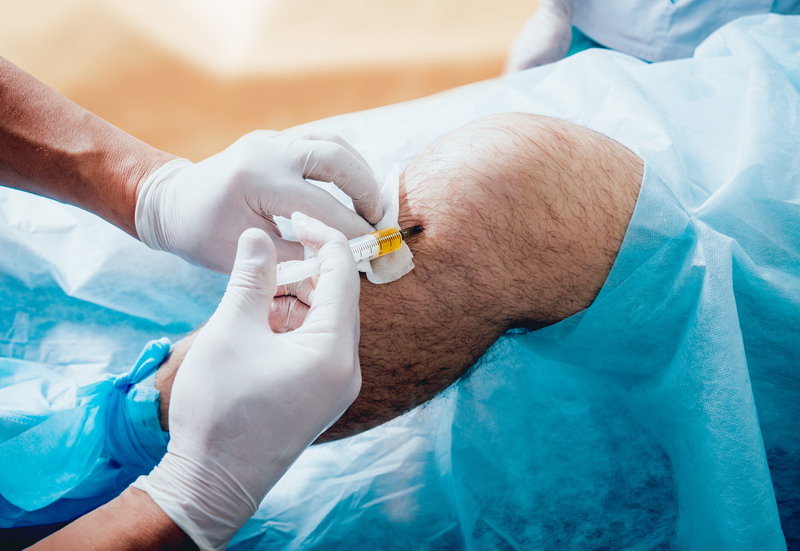
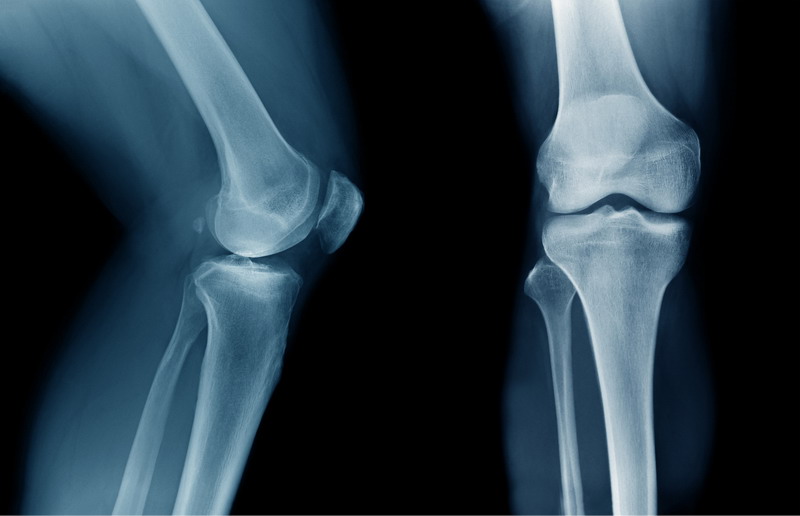
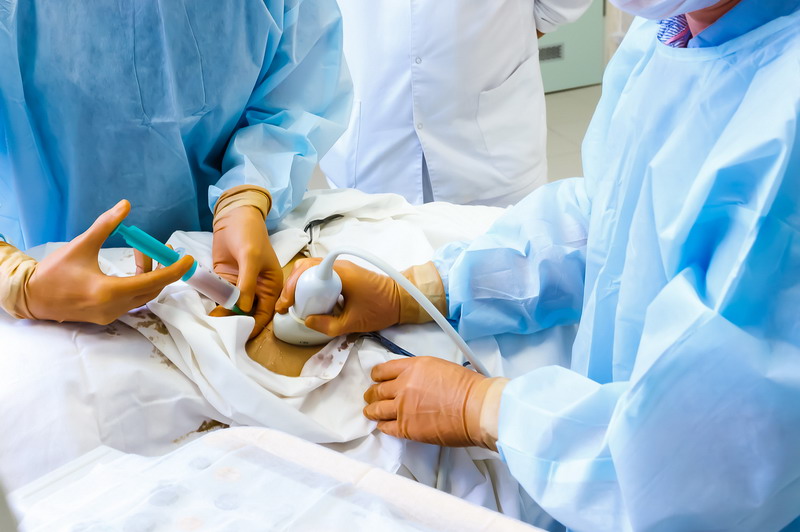



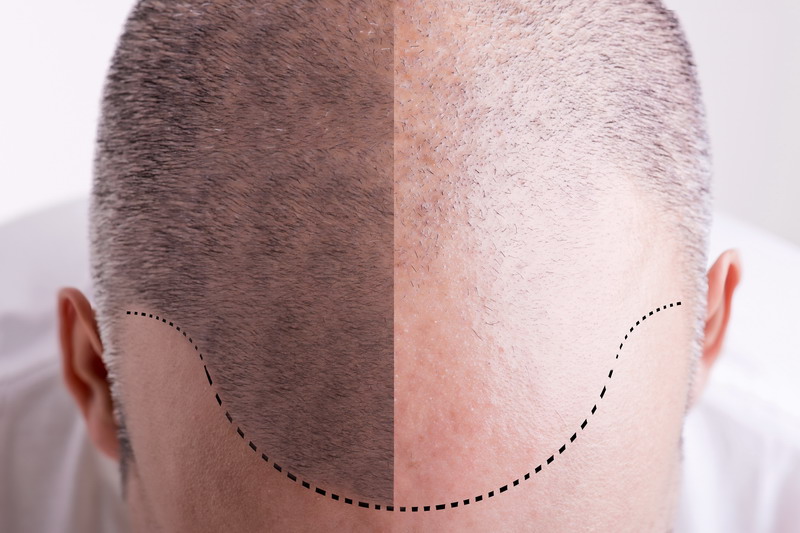
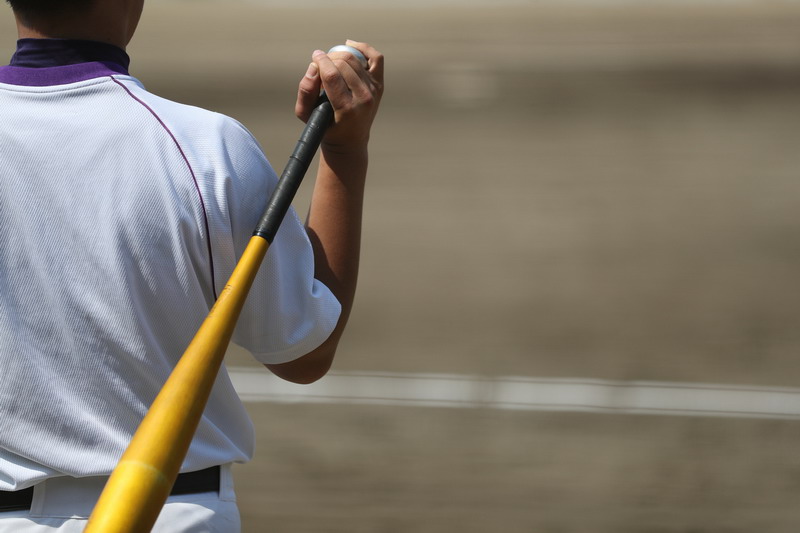
Hello,
I am an anesthetic nurse practitioner in the UK, currently trained in a lot of advanced on surgical procedures. I am looking into PRP training but most of yhe training I’m finding is focused on skin rejuvenation and hair growth. Although I do want these I am looking for prp training for sports injuries in particular. Do you train nurses and do you have any online training or virtual training available?
Hello Katherine, most of our training is through our in person courses that we hold multiple times a year. We are looking into developing more educational offerings for the website, but those are a ways out from completion.